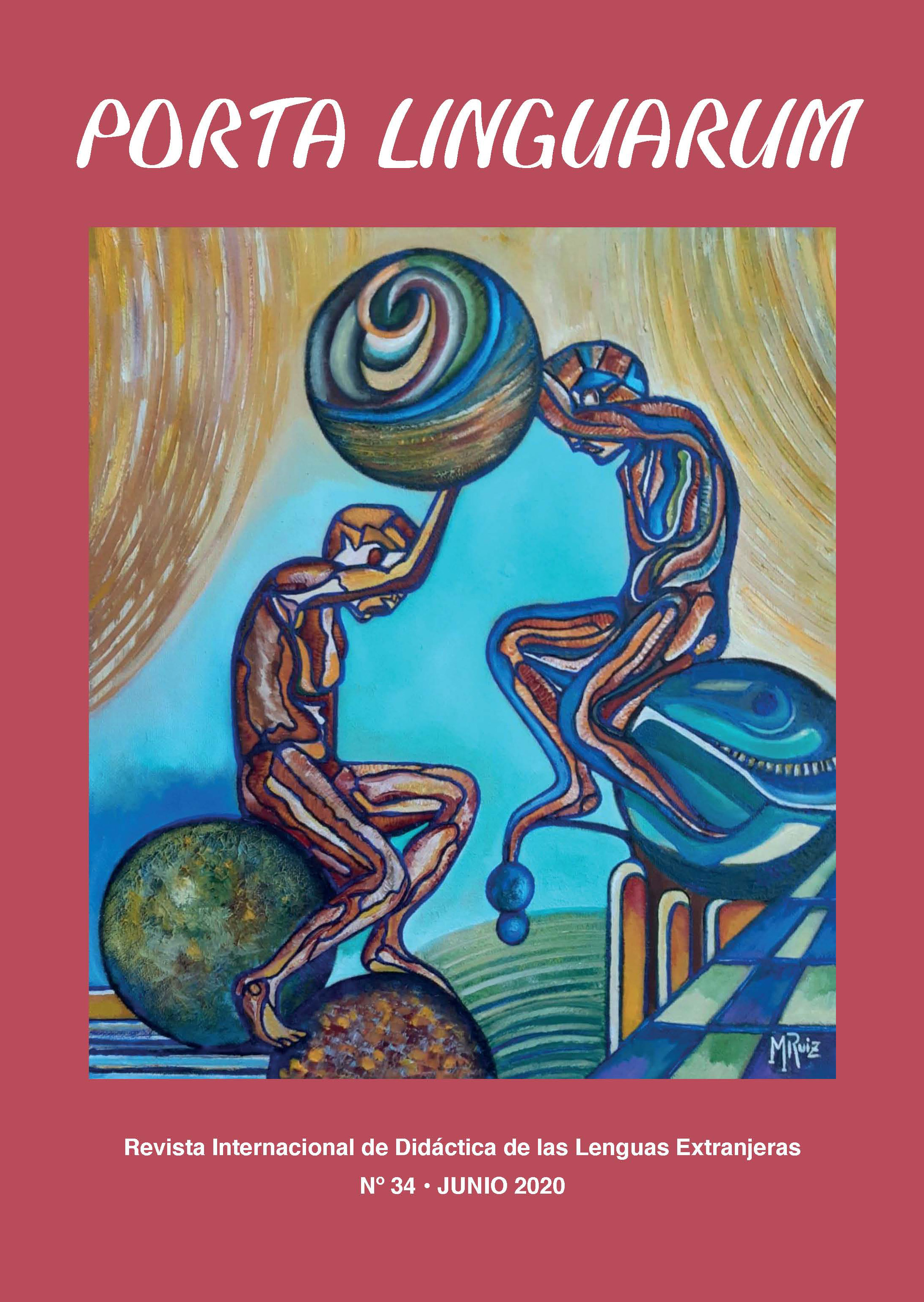Academic Achievement of Bilingual and Non- Bilingual Education Degree Students
DOI:
https://doi.org/10.30827/portalin.vi34.16731Keywords:
Academic achievement, academic performance, EMI students, non-EMI students, bilingual degrees, non-bilingual degrees; CLILAbstract
The purpose of this study is to examine the academic performance of bilingual and non-bilingual students pursuing a primary school teaching degree and their level of satisfaction with the degree program. To this end, a sample of 1,057 students from the Faculty of Education at the University of Granada was used: 427 bilingual students (85 males and 342 females) and 630 non-bilinguals (202 males and 428 females), who followed the same curriculum and syllabuses (19 subjects in total). While the results obtained demonstrate no significant differences between the two groups in eight subjects, differences in favor of the non-bilingual group were present in two subjects: Mathematics and Learning disabilities. In the remaining nine subjects, four of which belonged to the students´ specialty of teaching English as a foreign language, the bilingual students outperformed the non-bilinguals despite the potential challenge of doing a degree in a foreign language. Satisfaction with the curriculum was slightly greater among the non-bilingual students (m=3.81) than the bilingual students (m=3.73), although these differences were not significant.



















